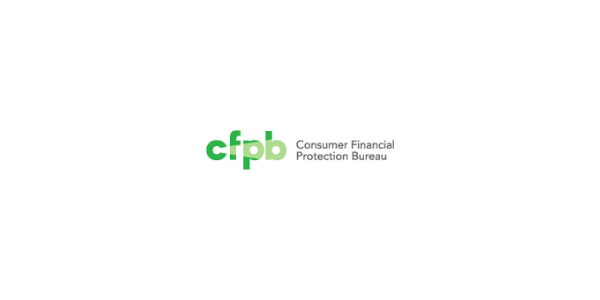
Overall, the MCAI fell 0.6% in November to 124.9, which indicates that lending standards are tightening.
- Overall, the MCAI fell 0.6% in November to 124.9, which indicates that lending standards are tightening.
- The conventional MCAI increased 1.9% while the government MCAI decreased by 2.7%.
- Of the component indices of the conventional MCAI, the jumbo MCAI increased by 3% and the conforming MCAI increased by 0.2%.
- Credit supply for jumbo loans increased for the fifth straight month.
Mortgage credit availability decreased in November, according to the Mortgage Credit Availability Index (MCAI) report from Mortgage Bankers Association (MBA) that analyzes Ellie Mae’s AllRegs Market Clarity business information tool.
Overall, the MCAI fell 0.6% in November to 124.9, which indicates that lending standards are tightening as opposed to an incline in MCAI, which would signal credit standards are loosening. The conventional MCAI increased 1.9% while the government MCAI decreased by 2.7%. Of the component indices of the conventional MCAI, the jumbo MCAI increased by 3% and the conforming MCAI increased by 0.2%.
The conventional, government, conforming, and jumbo MCAIs are constructed with the same methodology as the total MCAI and are designed to show relative credit risk/availability for their respective indices. The primary difference between total MCAI and the component indices are the population of loans they examine; government MCAI examines FHA/VA/USDA loan programs, while conventional MCAI examines non-government loan programs.
Conforming and jumbo indices have the same base level as the total MCAI (March 2012 = 100), while conventional and government indices had adjusted base levels in March 2012.
“Credit availability in November was down slightly, even as the housing market continues to thrive amidst the improving job market,” said Joel Kan, MBA's associate vice president of economic and industry forecasting. “However, the picture was different depending on the market segment. An increase in conventional credit availability was offset by a decrease in government credit, as lenders reduced their offerings of government loan programs with lower credit scores, as well as those for investment homes.”
“Credit supply for jumbo loans increased for the fifth straight month,” Kan continued. “Lenders scaled back on jumbo supply at the onset of the pandemic, and even with the recent growth in credit availability, the jumbo index remains more than 40 percent below February 2020 levels. As home-price growth continues, and mortgage rates creep higher, increased credit availability is needed for qualified borrowers looking to purchase a home - especially for first-time homebuyers, who rely heavily on government mortgage programs.”




